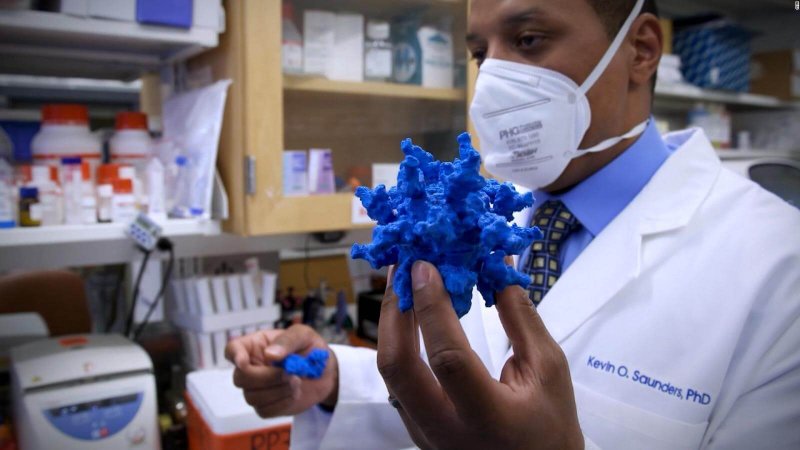Individual researchers from eclectic fields are finding new ways to prevent future pandemics.
Artem Babaian, PhD, a computational biologist at the University of Cambridge, had the idea to probe National Institutes of Health (NIH) genome databases, going back more than a decade, for overlooked novel coronaviruses.
He started the project while he was between jobs as the pandemic was unfurling, using a teltale enzyme unique to the RNA viruses to fish out COVID cousins. The work is published in Nature and the data freely available at serratus.io.
Among the nearly 132,000 novel RNA viruses Babaian’s team found, nine were from previously unrecognized coronaviruses. The novel nine came from “ecologically diverse sources”: a seahorse, an axolotl, an eel, and several fishes. Deciphering the topographies of these coronaviruses may provide clues to developing vaccines that stay ahead of future pandemics.
But optics are important in keeping expectations reasonable. “ ’Universal vaccine’ is a misnomer. I think about it as ‘broad spectrum vaccines.’ It’s critical to be upfront that these vaccines can never guarantee immunity against all coronaviruses. There are no absolutes in biology, but they hopefully will work against the dangers that we do know exist.































